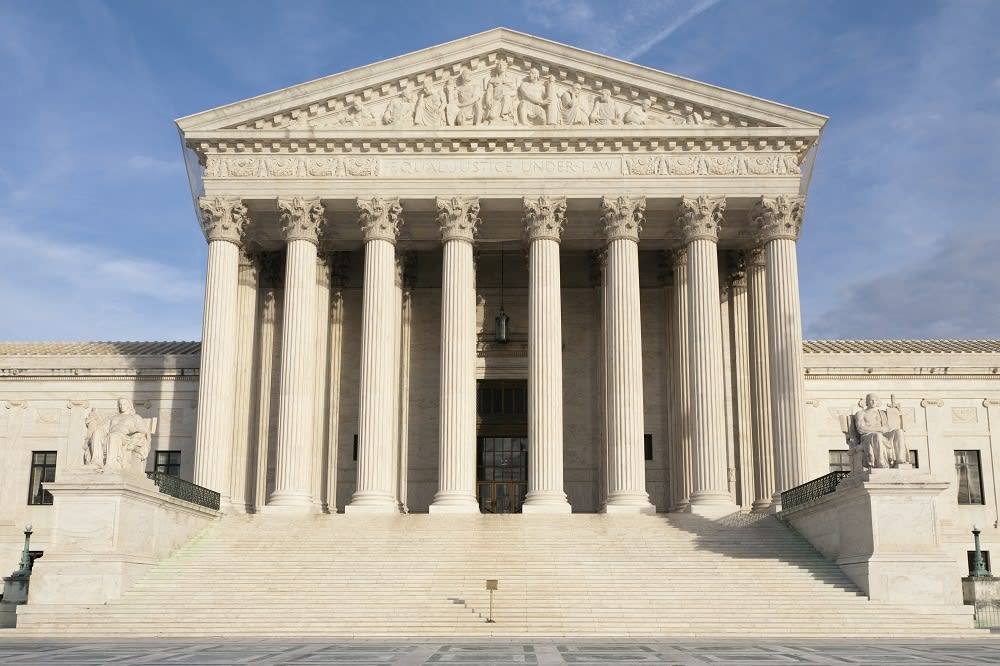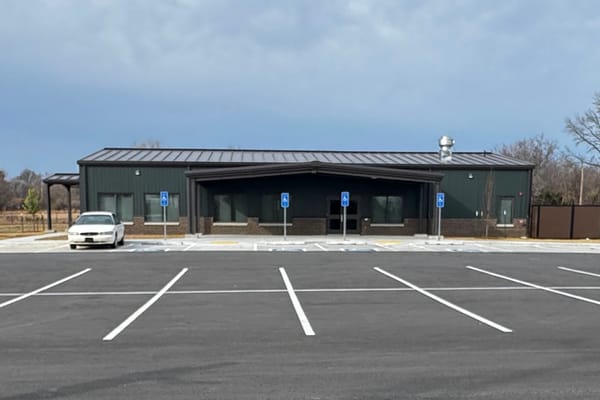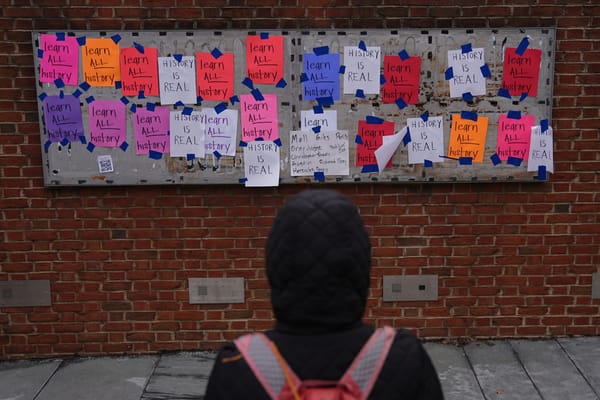Supreme Court rules Affirmative Action is unconstitutional in college admissions

(NATIONAL) The U.S. Supreme Court ruled Thursday that use of Affirmative Action in college admissions is unconstitutional.
The decision was made based on the case “Students for Fair Admissions, Inc. v. President and Fellows of Harvard College.”
The case also centered around an Affirmative Action Program at the University of North Carolina.
“The Harvard and UNC admissions programs cannot be reconciled with the Guarantees of the Equal Protection Clause,” stated Chief Justice John Roberts in the majority opinion. “Both programs lack sufficiently focused and measurable objectives warranting the use of race, unavoidably employ race in a negative manner, involve racial stereotyping, and lack meaningful end points. We have never permitted admissions programs to work in that way, and we will not do so today.”
Far from advancing the cause of improved race relations in our Nation, affirmative action highlights our racial differences with pernicious effect. In fact, recent history reveals a disturbing pattern: Affirmative action policies appear to have prolonged the asserted need for racial discrimination.
The other justices who supported striking down affirmative action in the college admissions process include: Clarence Thomas, Samuel Alito, Neil Gorsuch, Amy Coney Barret, and Brett Kavanaugh.
“Far from advancing the cause of improved race relations in our Nation, affirmative action highlights our racial differences with pernicious effect. In fact, recent history reveals a disturbing pattern: Affirmative action policies appear to have prolonged the asserted need for racial discrimination.
The three justices that dissented include: Sonia Sotomayor, Kentaji Brown Jackson, and Elena Kagan.
In a dissenting opinion Justice Sotomayor wrote, “Nothing in the Fourteenth Amendment or its history supports the courts shocking proposition, which echoes arguments made by opponents of Reconstruction-era laws.”
Justice Ketanji Brown Jackson, also writing for the dissent stated, “The majority seems to think that race blindness solves the problem of race-based disadvantage. But the irony is that requiring colleges to ignore the initial race-linked opportunity gap between applicants like John and James will inevitably widen that gap, not narrow it.”
The Supreme Court's full opinion can be read online.





